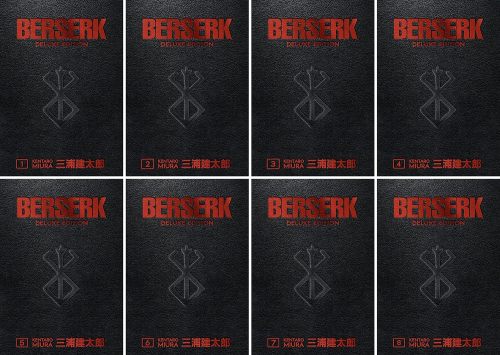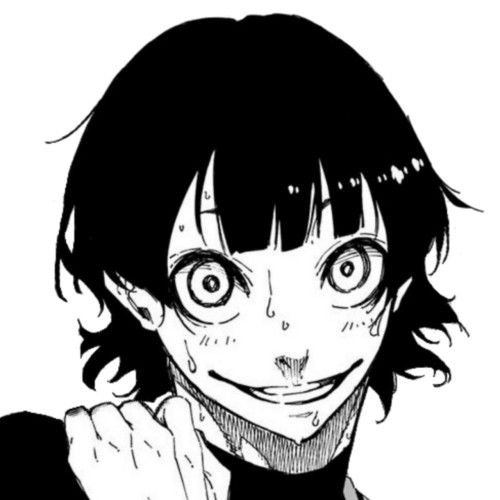“I don’t want to die having given up. I don’t want to drown in a puddle. I don’t want to die looking like this. I want to die as a man.”
I got a chance to finally read Oto Toda’s acclaimed short story “To Strip the Flesh” on Transgender Visibility Day and it’s a wonderful story not about gender identity, but trying to find your path with the help of compassionate understanding.
The story is about Chiaki Ogawa, an transgender individual born female who identifies themselves as male. Chiaki is currently a Youtuber whose main focus is butchering wild animals that his father hunts and does livestreams of the butchering for a living. Chiaki lives with their father and is happy with his job. However, his dad has colon cancer and wants Chiaki to get married as a normal female would as Chiaki’s dead mother wanted it to be their final wish. Chiaki has always felt conflicted about his gender identity after learning about GID (gender identity disorder) during 6th grade. This tension becomes even heavier when a young Chiaki, trying to prove themselves in the wild, almost gets killed by his father in a forest when he was hunting a wild boar. The incident causes Chiaki to stop wanting to be a boy for the sake of his father as the latter blamed himself for his actions.
While I do think family is important and society has ruined the family dynamic, parents are often insecure and sometimes project their insecurities onto their children. We see Chiaki’s father stick to gender norms about what a man does and a woman does. When Chiaki wanted to learn how to hunt, his father was adamant that only men hunt and never saw his child as what he wants to be. A parent, especially a single parent, wants to protect their child and not allow them to partake in activities that can cause them harm.
It also does not help that almost all parents do not understand anything to LGBTQ+ issues. And at the same time, a LGBTQ+ child has to be mindful that they may need the support/love of parents despite any discerning attitudes. Chiaki knew too well after his ordeal, but still walked away from his dad to find happiness once he had heard enough about marriage as a bride. And even if the parents do support them, the outside world isn’t always kind.
Chiaki thankfully has one friend in the outside world, Takato. Takato helps film Chiaki’s livestreams and tries to offer any kind of emotional support to Chiaki. He even takes the time to research GID when Chiaki decides to go to Thailand for gender surgery. Takato is worried about post-surgery side effects like despair and suicidal ideation. After Chiaki comes back from Thailand to begin his full transition to being a man, he recalls an experience back in middle school where Takato was there to help him. Chiaki was distraught over having a period and Takato gave him his pants to wear to avoid embarrassment in public.
The final part of the story is when Chiaki comes back to face his father, post-surgery. Chiaki was worried about see him cry again, but his father said he’s not crying because Chiaki got what he wanted - surgery to become the man he always wanted to be. Chiaki’s father wondered why he was obsessed with Chiaki being married as the path to happiness. He even goes on to say that children shouldn’t focus on satisfying their parents. Chiaki is then granted a hunting rifle by his dad and the story ends with a confident Chiaki, who’s become a full-time hunter like his father, in the wild and streamed on YouTube saying that he’s in the market for a girlfriend before embarking on his next hunt.
When asked about the theme of To Strip the Flesh, Toda said in their own words “Don’t succumb to your parents!” Try to find your own path. While your parents have good intentions at times, their words can often be a curse in disguise. I think about the role of family in the grand scheme of things. Often, family is about being there for your own family members and relatives. However, I sometimes wonder if we’re forgetting that while direct family is important, it’s also important to have a “family” of friends of sorts. That’s what leads to stronger communities.
I feel that parents forget this because they are forced to make “schedules” and do “life hacks” that don’t involve making time in getting to know their children. Active listening isn’t on the agenda since it’s not what modern life demands. It’s also very difficult to do.
I also think a lot of mental health problems do come from parents who want their children to be outlets for their problems and/or be totally like them to prevent uncertainty. Adverse childhood experiences can involve family a great deal.
I’m glad that Chiaki has some great support in his father and Takato. Those two made a good amount of effort to try and understand where Chiaki was coming from. You don’t have to be perfect, but at least try to be there for someone if they’re a priority in your life.
It’s okay to strip the flesh of our minds because addressing our own insecurities allows us to come to terms with who we are and what we want to be. I had to do this many times over the years. The flesh figuratively and literally does protect, but sometimes we need to rip it open to see what our hearts are desperately telling us. Deep down, we’re all unique human beings that might be considered weird at times and that’s okay. We’re all trying our best to live our lives and we should be accepted for that. And as Toda’s story highlights, I hope that we can realize this together.




